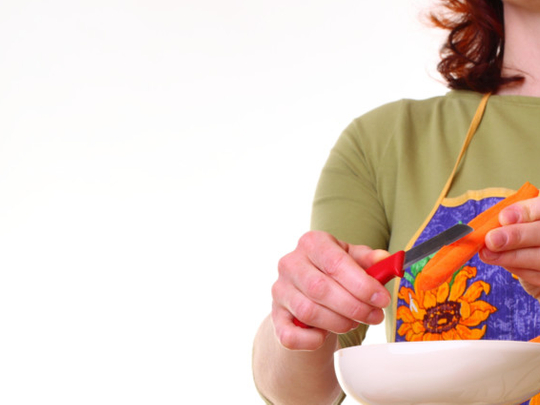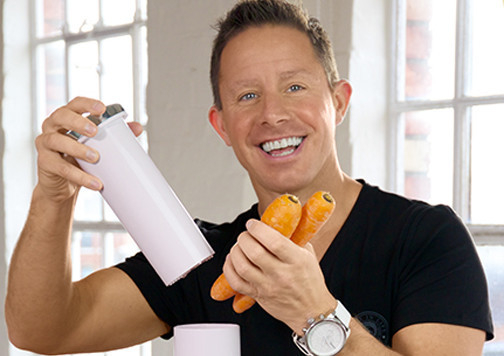
Dubai: In the realm of dieting, where Hollywood goes, the world will follow. From Grapefruit to South Beach, Atkins to Dukan, celebrity-endorsed eating plans are about as ephemeral as their wardrobes, hairstyles and relationships. Juicing, the most recent trend, with endorsers including Beyoncé, Ashton Kutcher and Sarah Jessica Parker seems no exception: “cleansing” your body with fruit-and-veg liquid concoctions (and nothing else) for any period between three, five or seven days. However, according to experts, this fad may just have some staying power.
Treatable conditions
Jason Vale, known as “The Juice Master”, shared his story during a 2010 TedX Talk in Dubai. An overweight, smoking sufferer of a range of ailments such as eczema, asthma and hay fever was told that these conditions were treatable and permanent. Using a juicer and some fresh fruit and vegetables, he managed to lose the excess weight and battle all his other sicknesses, later becoming a best-selling author of 11 books on health, addiction and juicing.
Indeed, there are legitimate benefits of the regime. Jenny Shuttleworth, a Dubai-based naturopathic nutritional therapist, says, “Juicing can be great as a regular part of your daily diet, and is an easy way to help achieve the recommended ‘five-a-day’ target in an easily digestible form.” Perhaps you wouldn’t typically eat a cucumber, two apples, four celery stalks and six leaves of kale on your everyday whole-food diet, but juiced, this would be enough for a perfectly manageable glass.
Shuttleworth adds, “It is important that the bulk should come from vegetables though, preferably organic, and not predominantly fruit that may be high in natural sugars. Although adding a little fruit is an excellent way to improve the taste of some of the stronger vegetable flavours.”
Of course, as with all health crazes, there are sceptics aplenty. The most prominent issue nutritionists have with the diet is its “cleansing” claim. Some experts suggest that our bodies cleanse themselves naturally and putting it through a juice cleanse is as unnecessary as it is unwise. Dietician Michelle Hanchard of Purely Nutrition warns, “Like most restricted diets which cut out a lot of food groups, they can have adverse implications to overall health.” Cleansing has even been likened to an eating disorder – Pauline Powers, director of the scientific advisory committee for the Global Foundation of Eating Disorders, considers cleanses “the perfect pathway to disordered eating.”
Overall, as part of a well-balanced diet, juicing can only be good for us: a simple and effective way to increase our intake of fruit and vegetables. Providing we heed the advice of nutritionists and avoid the all-out “cleanse”, it seems the vogue has been validated. (For more information or nutritional advice, contact Jenny Shuttleworth at nutrition@theshutts.com)
The writer is an intern at XPRESS



